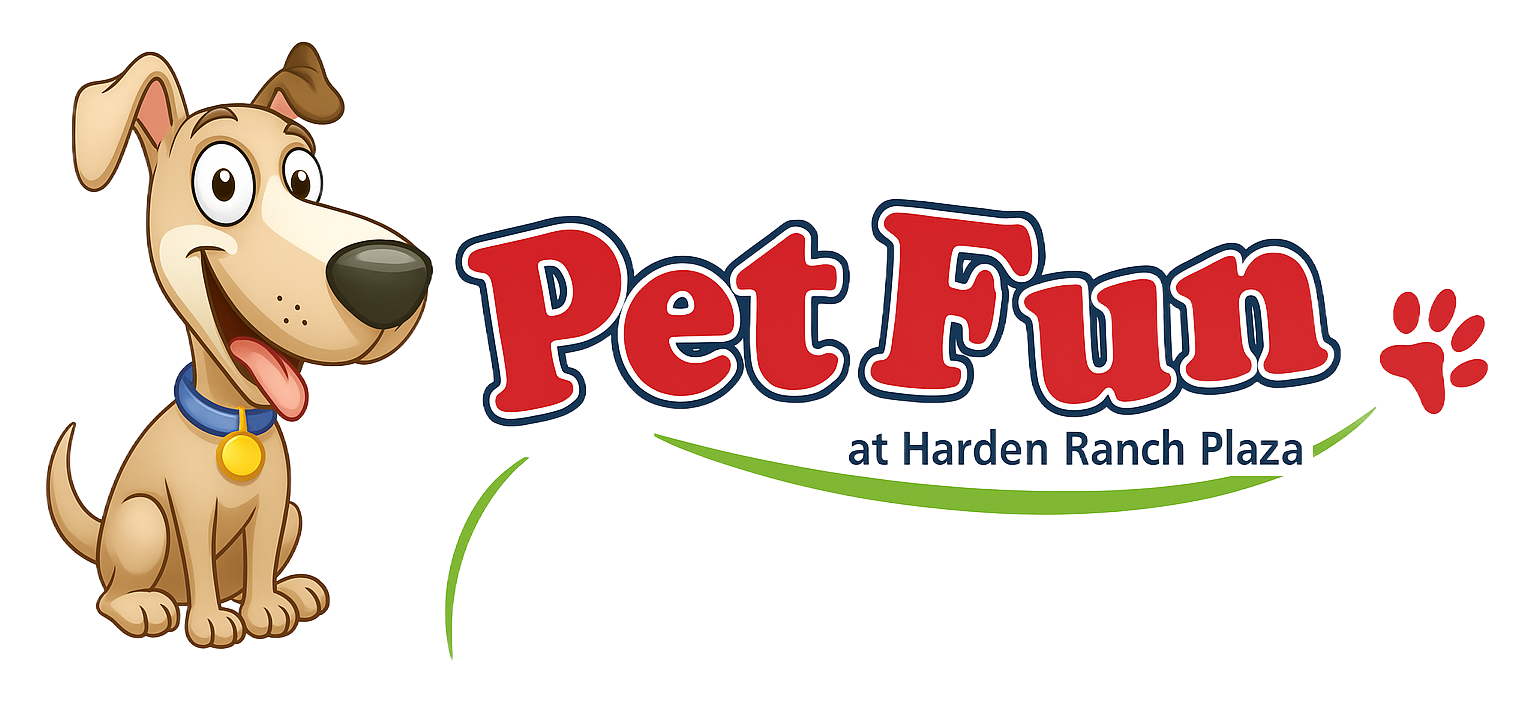Small Animals
Small Pet Care 101: Tips for Rabbits, Hamsters, Guinea Pigs, and More
Small animals, including rabbits, guinea pigs, hamsters, gerbils, and other pocket pets, can bring joy and companionship to your home. Caring for these creatures requires attention to their unique needs, ensuring they live long, healthy, and happy lives. Proper care involves understanding their diet, habitat, hygiene, exercise, and mental stimulation. This guide will provide essential tips for both new and experienced small animal owners, focusing on long-term well-being and happiness.
Everything You Need to Know About Small Animal Care
Diet: Fueling a Healthy Life
A balanced diet is the cornerstone of small animal health. Most small animals require a mix of fresh vegetables, high-quality pellets, and occasional treats. For example, guinea pigs need vitamin C-rich vegetables daily, while rabbits thrive on a diet heavy in hay with fresh greens. Fresh water should always be available and replaced daily. Avoid sugary or processed foods, as these can cause obesity and digestive problems. Regularly monitoring your pet’s eating habits helps identify early signs of health issues.
Housing and Environment: Creating a Comfortable Home
Providing a safe and comfortable living space is vital for your pet’s well-being. Cages, tanks, or hutches should be spacious, well-ventilated, and escape-proof. Bedding should be absorbent, non-toxic, and changed frequently to prevent odors and health problems. Small animals benefit from hiding spots and nesting areas, which reduce stress and mimic their natural habitats. Keep their environment away from direct sunlight, drafts, and loud noises to maintain a calm and stable home.
Health and Cleanliness: Preventing Illness
Maintaining hygiene is critical for small animals. Clean their cages, water bottles, and feeding dishes regularly to prevent bacterial buildup. Routine grooming, such as nail trimming, brushing, and dental care, helps prevent long-term health issues. Watch for signs of illness, including changes in appetite, lethargy, or abnormal behavior, and consult a veterinarian promptly. Scheduling regular vet check-ups ensures early detection and management of potential health concerns.
Exercise and Enrichment: Keeping Pets Active
Small animals need both physical and mental stimulation. Provide toys, tunnels, wheels, and safe chew items to encourage activity and prevent boredom. For species like rabbits and guinea pigs, supervised floor time outside the cage allows them to explore and exercise naturally. Interaction with owners through gentle handling, playtime, and social bonding is essential for their mental well-being. Rotating toys and introducing new challenges keeps their environment engaging and stimulating.
General Tips: Promoting Long-Term Happiness
Consistency in care, routine feeding, and attention to environmental changes can significantly improve your pet’s quality of life. Observe your small animals daily to understand their behaviors and preferences. Educate yourself about species-specific needs, as each small animal has unique requirements. Patience, gentle handling, and regular interaction help build trust and strengthen the bond between you and your pet.
Expert Guidance for Small Animal Well-Being
Caring for small animals requires dedication, knowledge, and consistent effort. By focusing on proper nutrition, clean and safe habitats, health maintenance, and enrichment, you can ensure your pets live vibrant, happy lives. For trusted food, supplies, and expert guidance, visit Pet Fun At Harden Ranch Plaza in Salinas, California. Our team is ready to help you provide the best care for your small animal companions.
